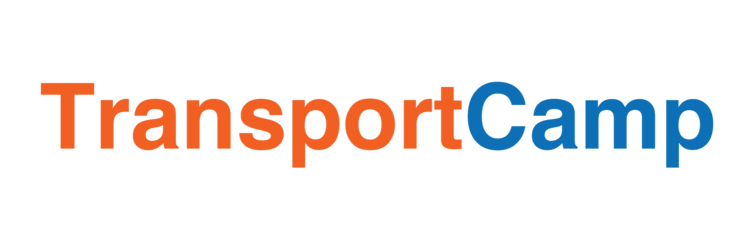Session: 1
Room: Portico Room
Session Title: Money Revenue Generation
Format: Discussion
Presenter Name: Simon and James (Stantec)
Summary
The focus of the discussion is how to increase revenue from transport facilities. Public transport will be assisting movement for people and be free to use.
Public transport expenses are significant for operation and maintenance.
The primary opportunity lies in congestion pricing, proper pricing for parking, and fare payment encouragement.
The City of Melbourne receives a significant proportion from on-street parking, and shared car facilities. Encourage Public transport use has been provided by reducing discounts on particular days of the week, and discounts for a group of people.
Maximising asset utilisation.
